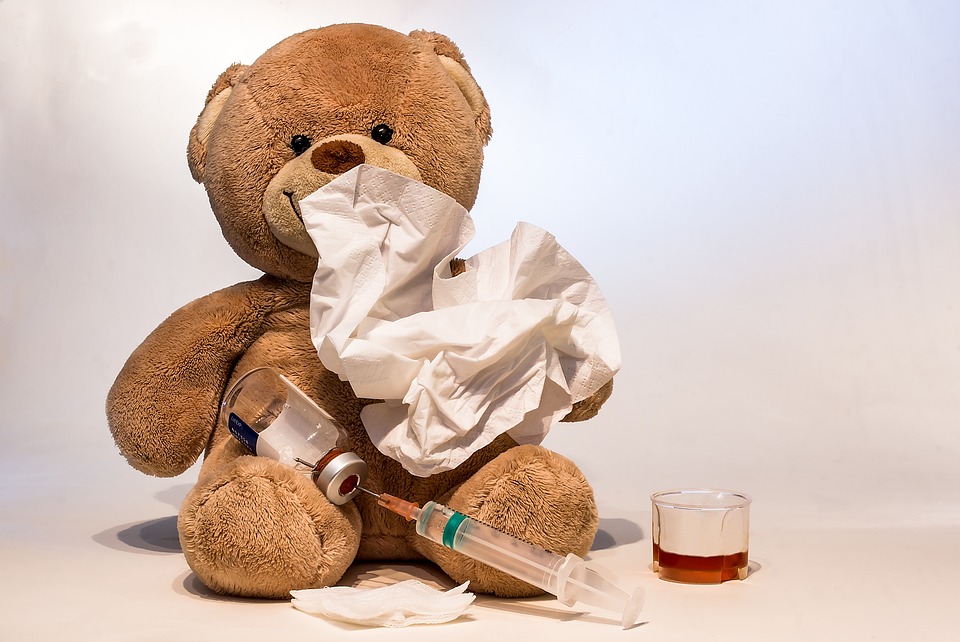On Wednesday it was confirmed that measles is circulating in Leeds, with three confirmed cases and four suspected cases of it in the city.
Public Health England (PHE) are encouraging people to check themselves and their children for the symptoms, and to get vaccinated against the virus.
They have released a statement stating that those affected are recovering well. However, they also advise anyone who thinks they have these symptoms “to stay at home and phone their GP”.
It is an extremely infectious disease to anyone who has not had the measles, mumps and rubella (MMR) vaccination, which is given in two doses to children as part of the NHS childhood vaccination programme.
The symptoms of measles develop around 10 days after you’re infected and include:
- Cold-like symptoms, such as a runny nose
- A high fever, with temperatures reaching 40C
- Small white spots on the inside of your cheeks
- Sore eyes that are sensitive to light
Following this, a rash will start developing on the face, before spreading to the body and limbs.
People with measles are infectious from when the symptoms develop until about four days after the rash appears.
You can catch the virus by breathing in droplets from an infected person’s cough or sneeze or by touching a contaminated surface, then touching your nose or mouth.
There is no treatment for measles but plenty of rest should allow it to pass in around seven to ten days.
Once you have had the virus once, your body builds up a level of immunity, making it highly unlikely you will contract it again.
There can, however, be serious complications for some, with infections of the lungs and brain including encephalitis and pneumonia.
If you believe there is a chance you or someone you know has measles, then you are urged to contact your local GP immediately.
Freya Kerr

